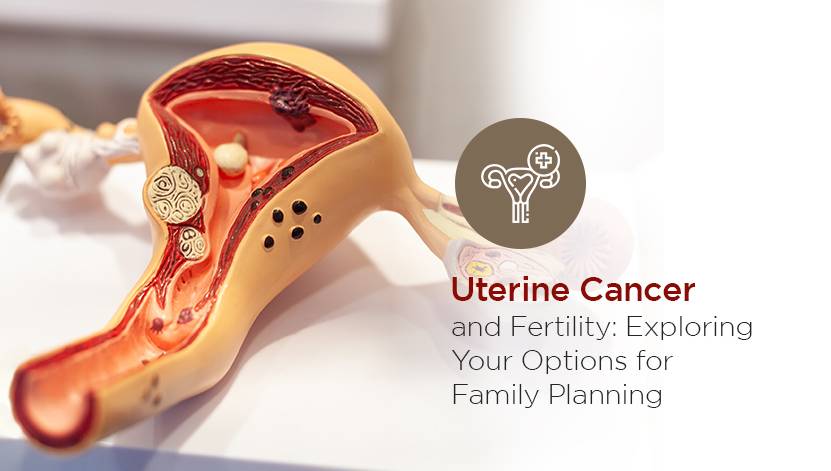Uterine cancer is a common type of cancer that affects the uterus, a small muscular organ of the female reproductive system. Along with the physical and emotional impact of uterine cancer, one of the concerns that often arises is its effect on fertility and family planning. Let us explore the relationship between uterine cancer and fertility, discussing the options available for individuals who wish to preserve their fertility or explore alternative paths to parenthood.
